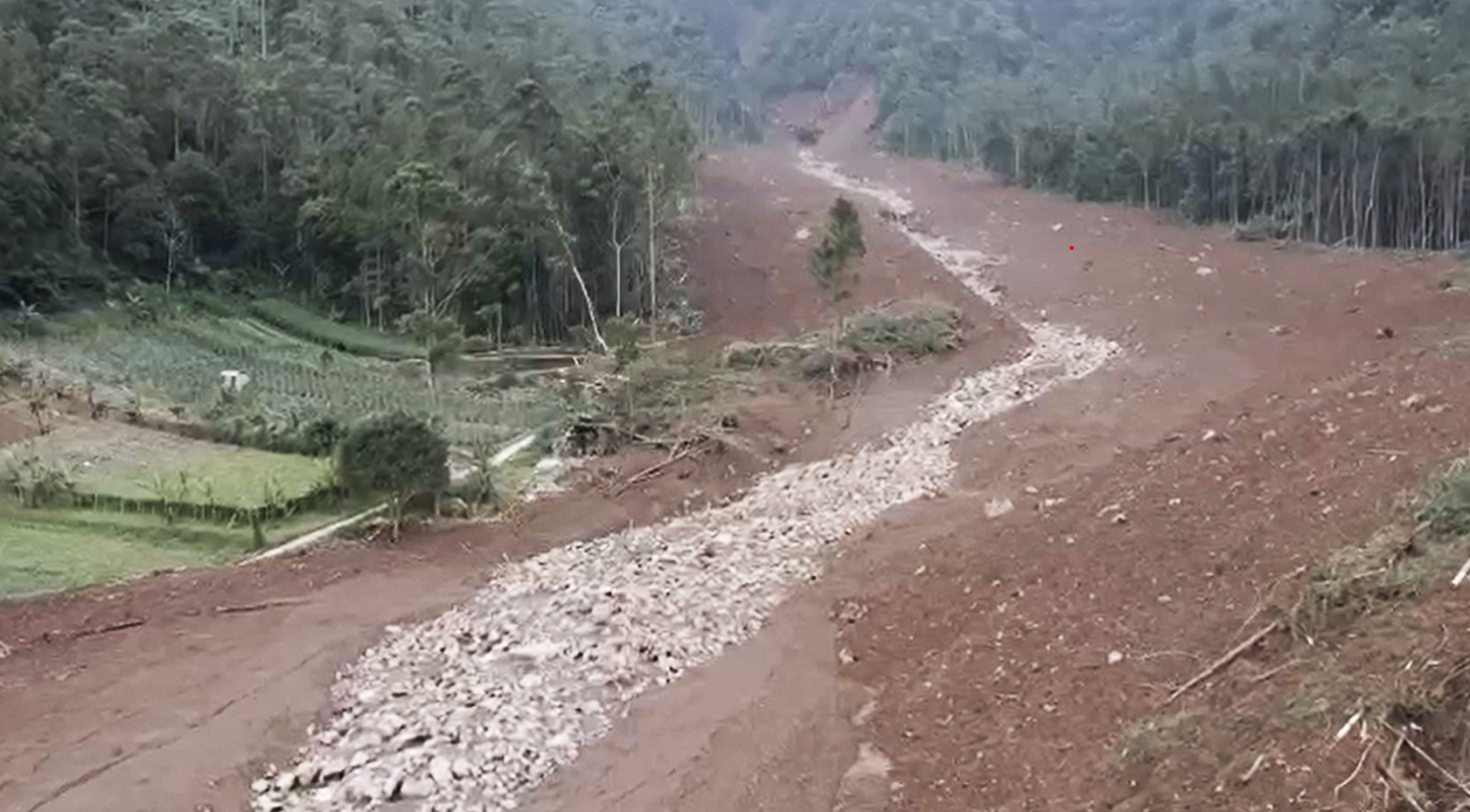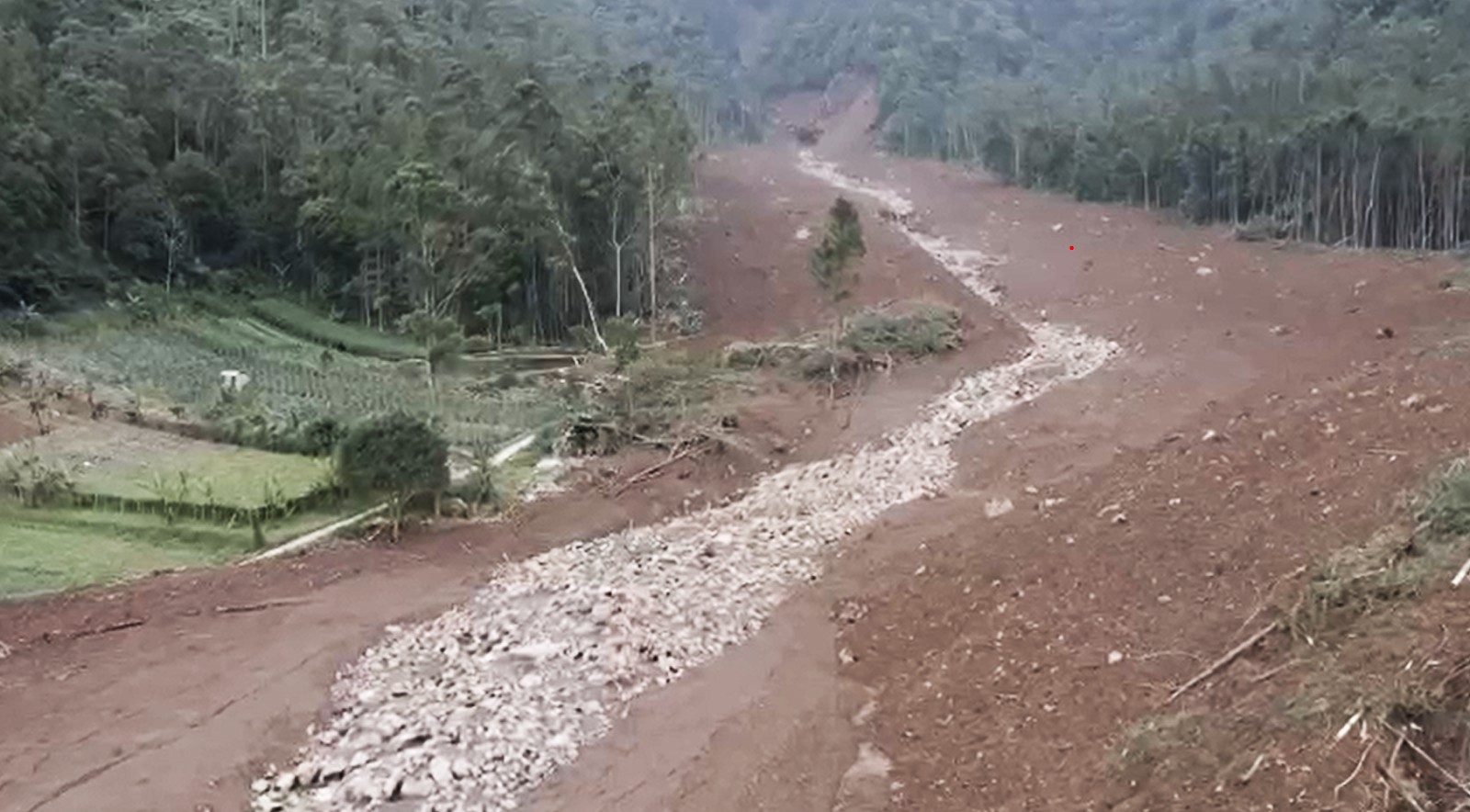ITB Students Assemble Piping System to Maximize Clean Water Usage in Tasikmalaya
By Adi Permana
Editor Adi Permana

BANDUNG, itb.ac.id – The Student Study Service team from Institut Teknologi Bandung succeeded in installing piping systems to maximize the potential of Dusun Nepong’s water source in Bojong Gambir, Tasikmalaya.
Three springs are found in the residents' private lands and are observed to be abundant in their water supply. Group 2 of the SSS ITB 2021 team saw their prospect as resources for residents’ daily activities.
M. Ihsan Sagara Putera, the leader of Group 2 from the Geodesy Engineering Study Program, explained the challenges his group faced in Purabaya Village (located in Dusun Nepong). The steep, slippery pathway to reach the water source, makes the process of acquiring water difficult. Hence, the utilization of these three springs has not been optimized.
He added that the dry season causes water from the springs to evaporate quicker, leaving the area dry. Because of this, the water is only used for bathing; it is not used for drinking.
“Conditions concerning the village’s piping and transmission system are still minimal because residents often fetch water directly from the source using pumps and jerrycans,” Ihsan continued.
Access to the settlements tends to get muddy during rainy seasons, causing water flowing past the rice fields to turn turbid. Thus, Group 2 designed the infrastructure of the piping system in such a way as to open more clean water access to the residents’ houses. The existing water source is first collected as a reservoir before being connected with a large pipe. Then, the pipe is attached with smaller pipes that travel to smaller reservoirs/basins as temporary storage.
“This system consists of two channels in the small reservoirs and basins that can be opened and closed using a faucet acting as a barrier. During the dry seasons where less water flows, the system only requires one basin and reservoir to store water and use by the residents. On the contrary, the wet seasons would require the installation of filters near the water source to purify the contaminants carried by the currents,” he described.
The project was not only carried out by SSS participants; the village residents also lent a hand and actively collaborated. “The locals are very friendly and greet us often. They also frequently invite us to visit their houses. We always chat with the locals here, listening to their complaints and helping them in their daily activities such as cooking opak and gula aren. There are many moments and memories we share with them to this day,” he reminisced.
Source: ITB Directorate of Student Affairs
Photo: ITB Directorate of Student Affairs
Reporter: Adi Permana
Translator: Ruth Nathania (Teknik Lingkungan, 2019)

.jpg)


.jpg)



